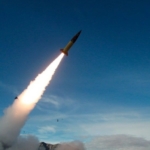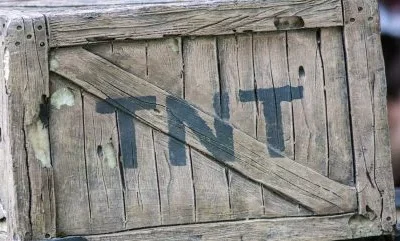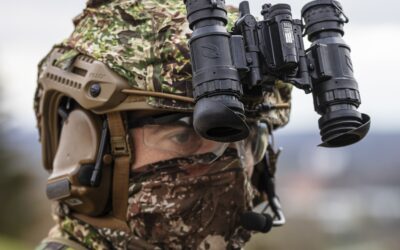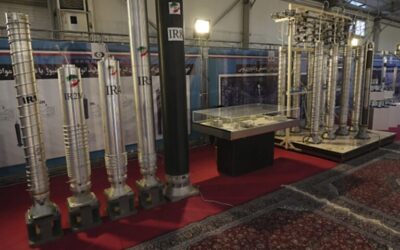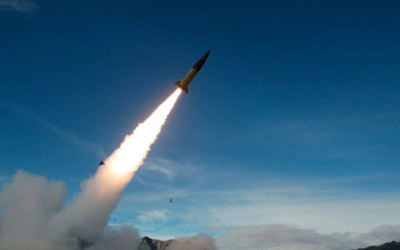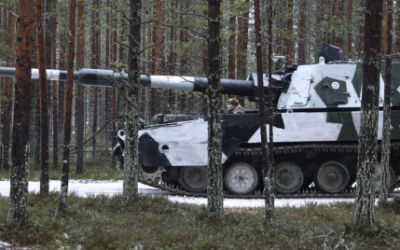As part of its quest to boost weapons production, the US Army is reestablishing TNT production on US soil, inking a deal to build out a…
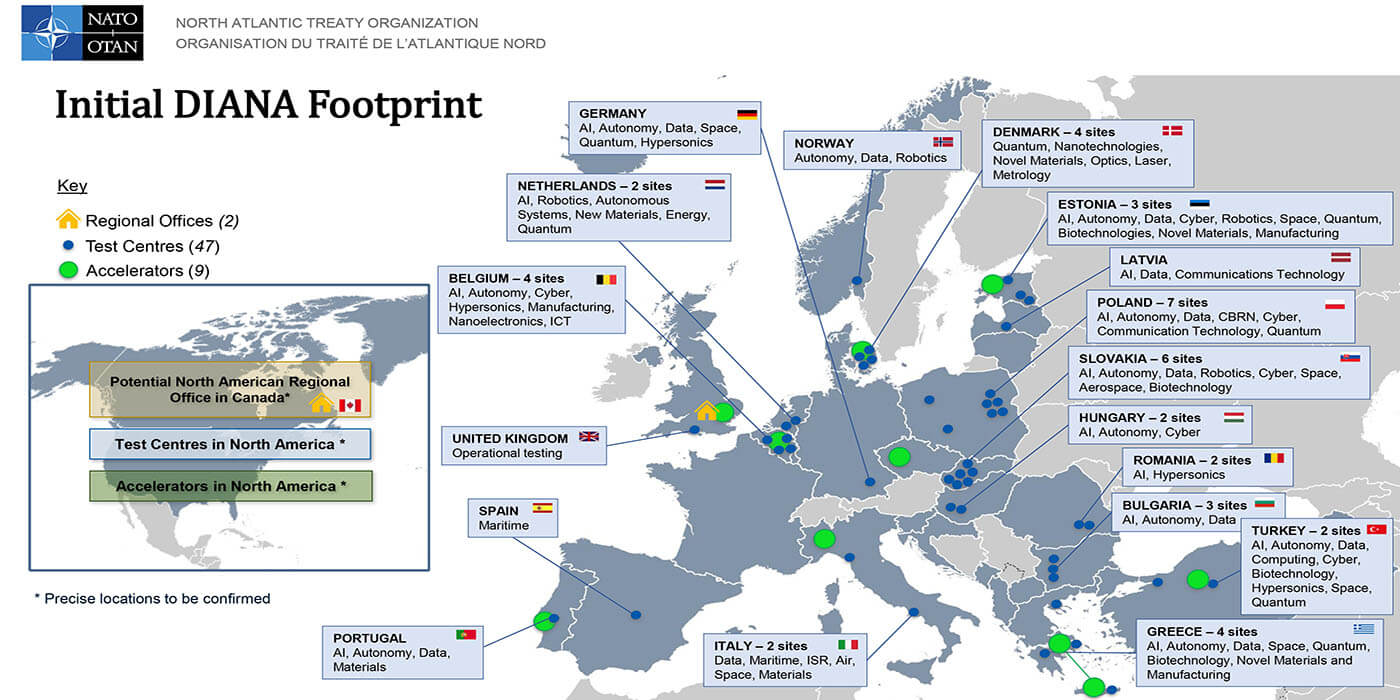
On April 7, NATO member-states adopted an initiative to maximize the Alliance’s technological advantage.
The initiative focuses on an innovative research program, which NATO believes will help maintain the Alliance’s technological advantage.
In particular, Allied Foreign Ministers approved the Charter of the Defence Innovation Accelerator for the North Atlantic – or DIANA. “Working with the private sector and academia, Allies will ensure that we can harness the best of new technology for transatlantic security,” said NATO Secretary-General, Jens Stoltenberg.
The DIANA program aims to create a framework for cooperation, where defence personnel together with the Alliance’s best and brightest start-ups, scientific researchers, and technology companies solve critical defence and security challenges.
Innovators participating in the DIANA program will receive access to its network of dozens of accelerator sites and test centers across more than 20 Allies. NATO leaders agreed that DIANA would have a regional office in Europe and in North America. DIANA’s European regional office was selected from a joint Estonian-United Kingdom bid, and Canada is actively looking at hosting the North American regional office.
DIANA will concentrate on deep technologies – those emerging and disruptive technologies that NATO has identified as priorities including: artificial intelligence, big-data processing, quantum-enabled technologies, autonomy, biotechnology, novel materials, and space.
Allies have also agreed to a framework for a multinational NATO Innovation Fund. This is the world’s first multi-sovereign venture capital fund. It will invest 1 billion euros in early-stage start-ups and other deep tech funds aligned with its strategic objectives.
As shown on the map, the infrastructure design includes two centers with accelerators and four test centers for Greece.
Also read: “Archytas” | The made in Hellas UAV that can shine
READ MORE
Ticonderoga | The US Navy is extending the operational life of three cruisers
The US Navy has announced that it is extending the operational life of three Ticonderoga-class cruisers. The decision will…
Sea Warden | MBDA’s system to counter unmanned threats at EURONAVAL 2024
At the EURONAVALl 2024 exhibition, MBDA presented Sea Warden, a modular anti-drone system adapted to the naval environment that integrates…
THEON International | New orders amounting to €74 million having already exceeded €150 million in the 4th trimester
THEON INTERNATIONAL PLC (THEON) announced additional orders for the month of November. As a result of the…
UN | Iran has increased uranium enrichment to near weapons-grade levels
Iran has further increased its stockpile of uranium enriched to near weapons-grade levels, defying international pressure, according to…
Brazil | Arrests of military and police officers for plotting the assassination of President Lula
Brazilian police have arrested five officers accused of plotting a coup which included plans to overthrow the government following the…
Sweden | Leaflets with survival instructions in the midst of the Ukrainian crisis
Sweden started sending out five million leaflets to the country’s residents yesterday, urging them to prepare for a possible conflict…
Ukraine | The first ATACMS strike on Russian soil took place
The Ukrainian armed forces carried out their first strike on a border area within Russian territory with an ATACMS missile.
Finland | The first major NATO artillery exercise on its territory
The exercise is taking place in northern Lapland and is part of wider artillery exercises, which have been dubbed ‘Dynamic Front 25…













